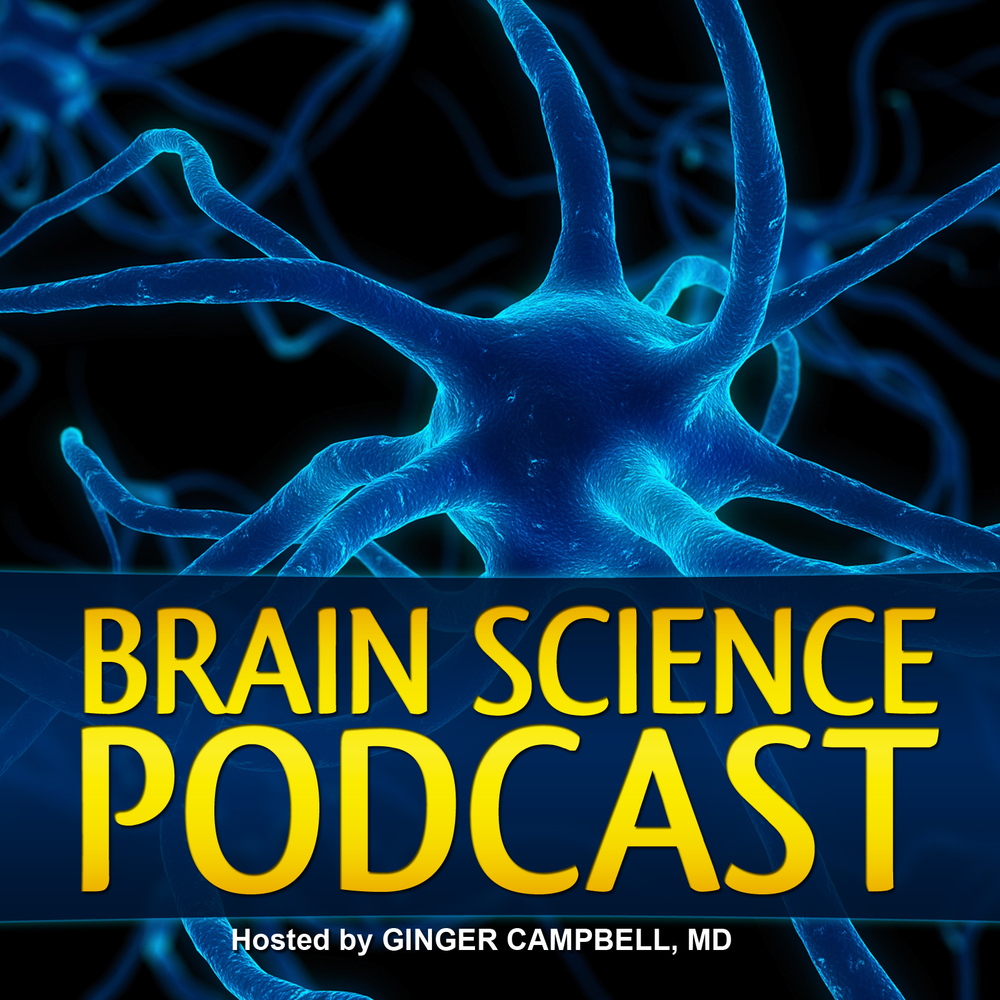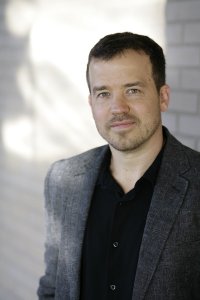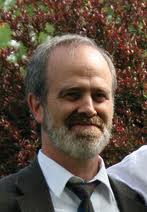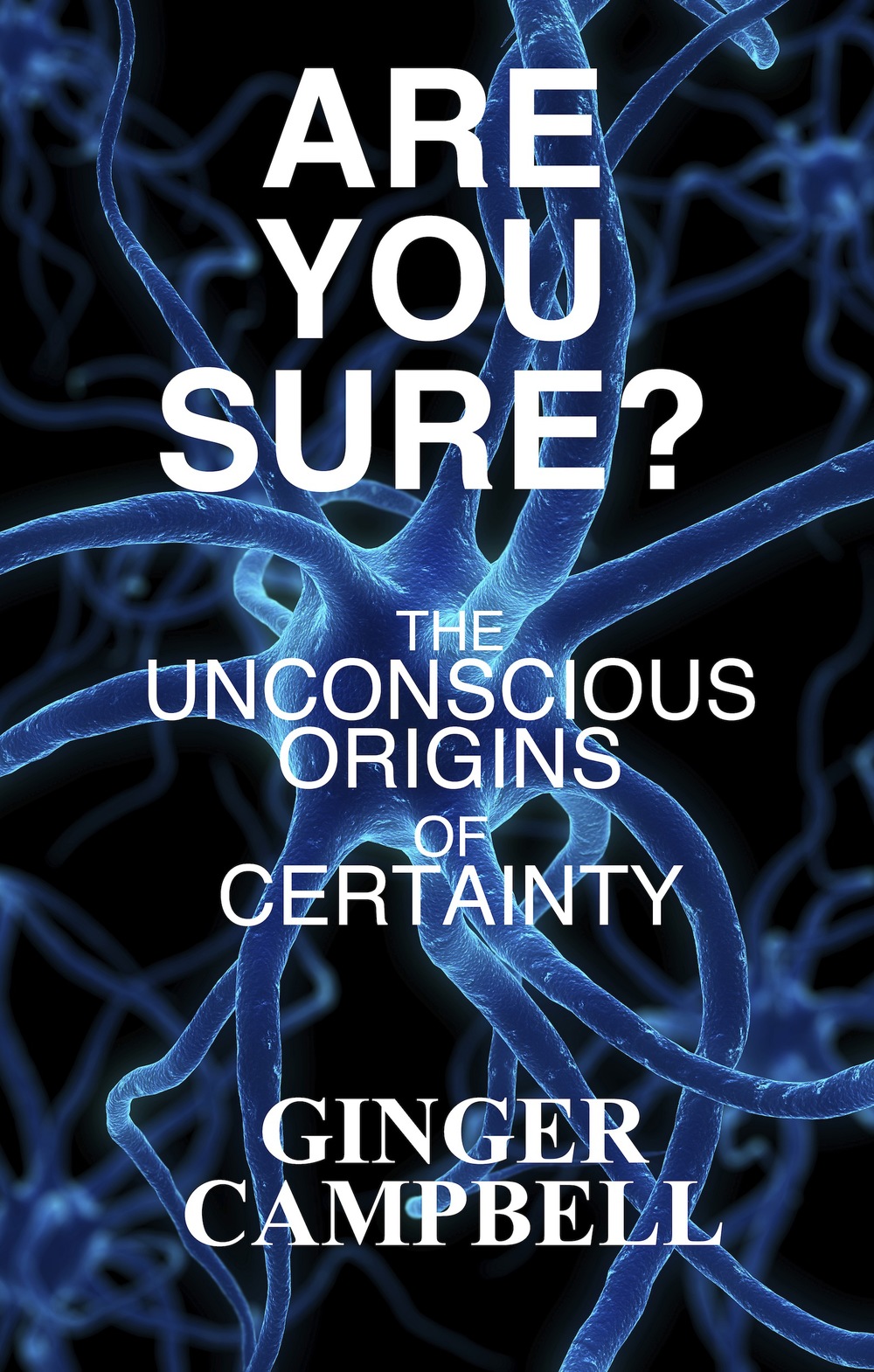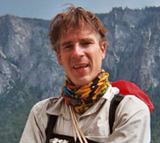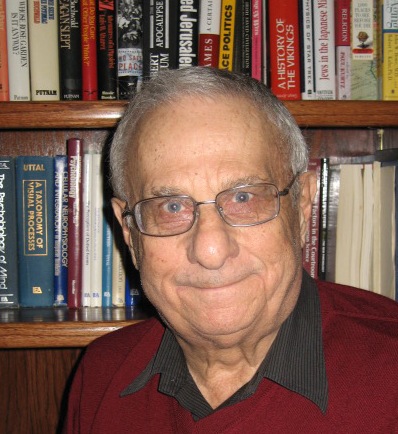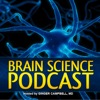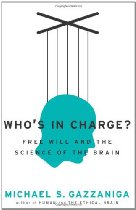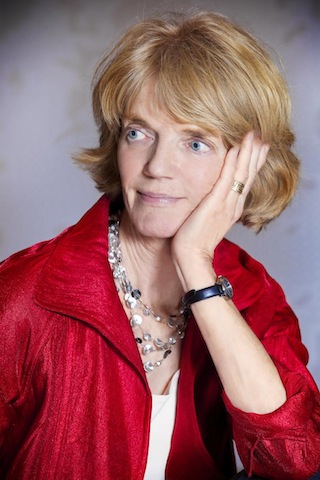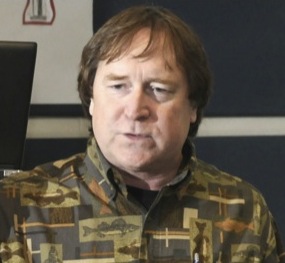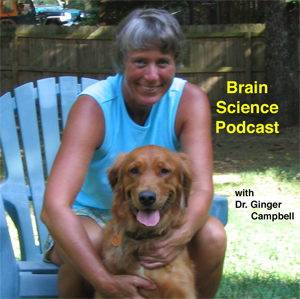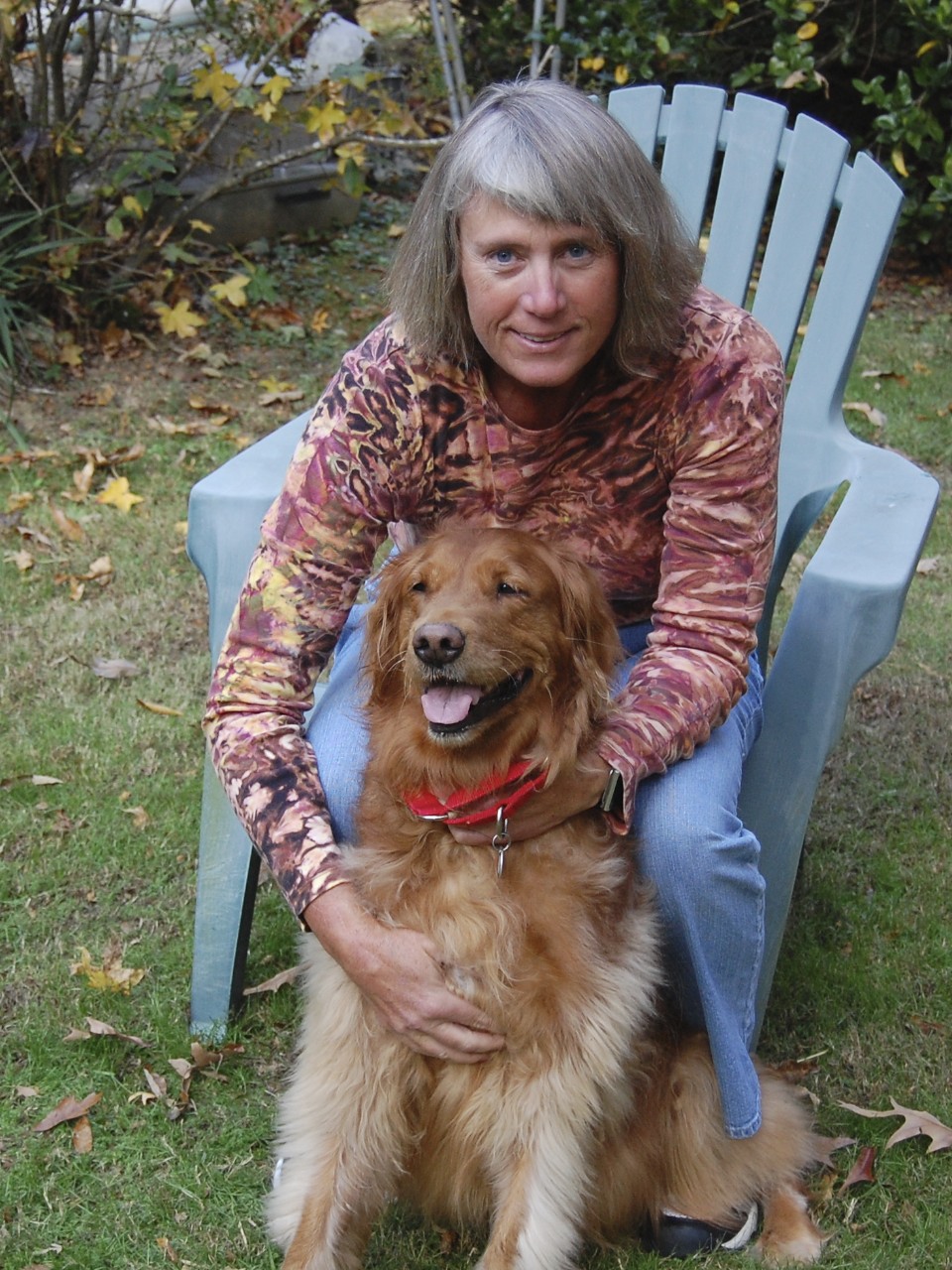Brain Science Podcast Update
/ Last month we launched a completely redesigned website for the Brain Science Podcast. It is intended to be more accessible to people on mobile devices, but it also makes it easier for visitors to submit feedback directly from the site.
Last month we launched a completely redesigned website for the Brain Science Podcast. It is intended to be more accessible to people on mobile devices, but it also makes it easier for visitors to submit feedback directly from the site.
Here is a brief summary of our most recent episodes:
Pain Part 2 (BSP 95):
 Click image to listenBSP 95 is the second part of our discussion of Understanding Pain: Exploring the Perception of Pain by Fernando Cervero, who is the current president of the International Society for the Study of Pain. Dr. Cervero was interviewed in BSP 93 and in this episode I discuss additional key ideas from his book. (BSP 93 and 95 can be enjoyed in any order.
Click image to listenBSP 95 is the second part of our discussion of Understanding Pain: Exploring the Perception of Pain by Fernando Cervero, who is the current president of the International Society for the Study of Pain. Dr. Cervero was interviewed in BSP 93 and in this episode I discuss additional key ideas from his book. (BSP 93 and 95 can be enjoyed in any order.
Click here for the detailed show notes.
How the Brain Understands Language (BSP 94):
 Dr. Benjamin BergenBSP 94 was an interview with linguist Benjamin Bergen author of Louder Than Words: The New Science of How the Mind Makes Meaning.
Dr. Benjamin BergenBSP 94 was an interview with linguist Benjamin Bergen author of Louder Than Words: The New Science of How the Mind Makes Meaning.
Go to the complete show notes.



